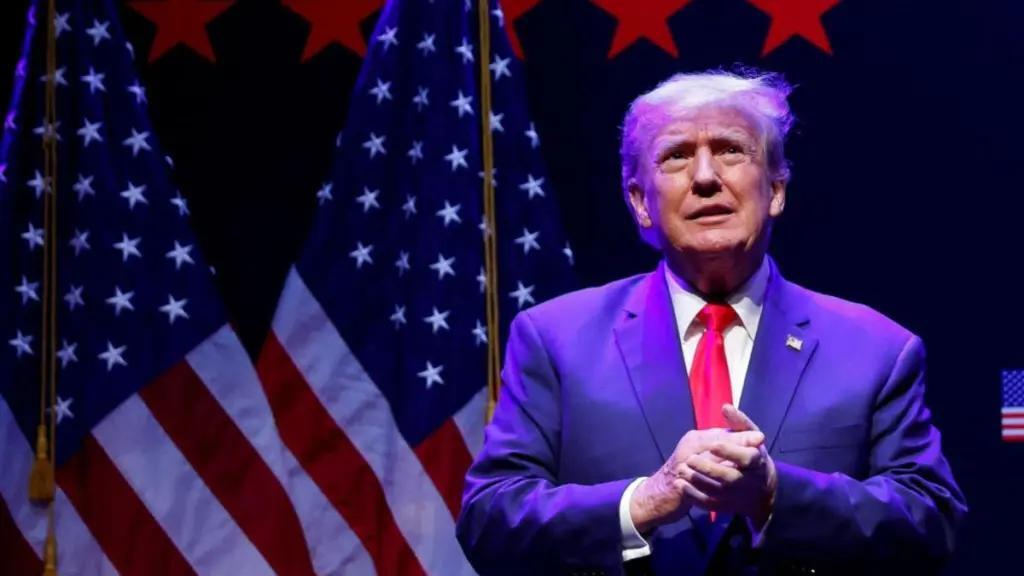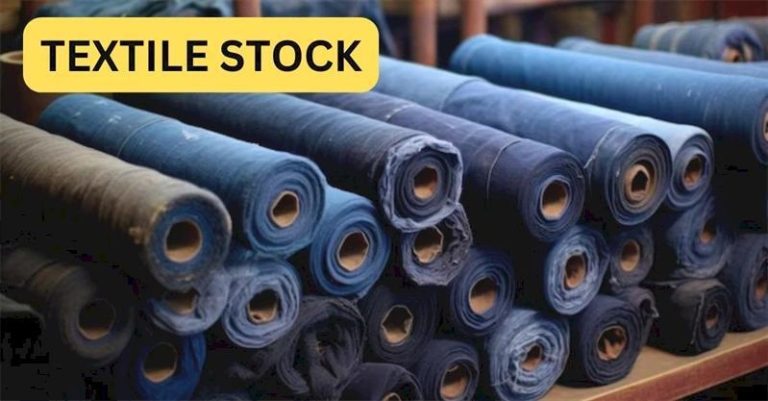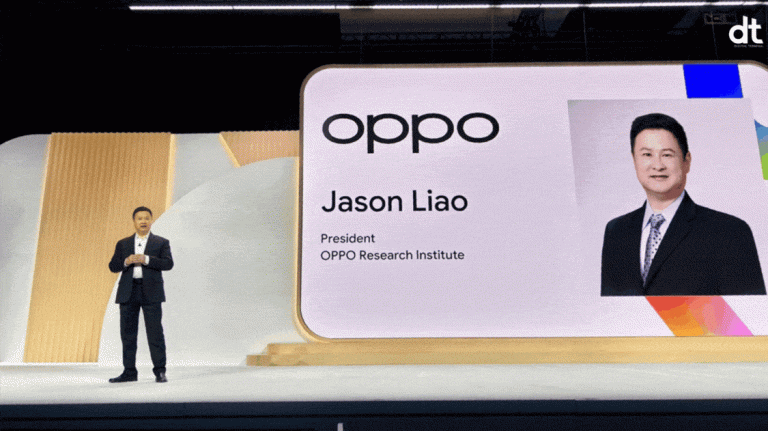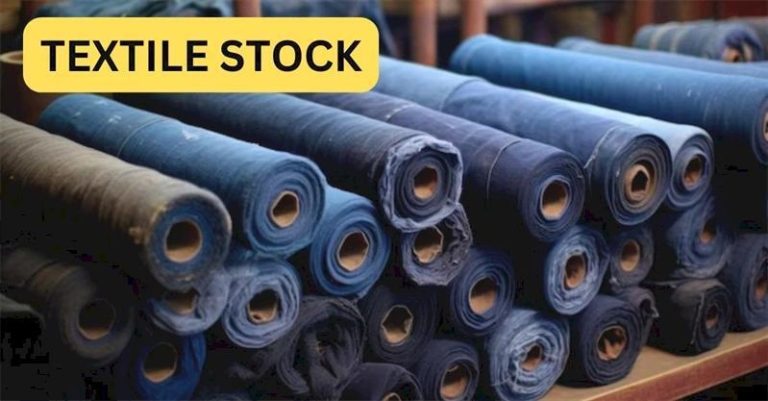
Donald Trump Exempts Smartphones & Computers from Reciprocal Tariffs
In a move that has sparked both relief and concern, United States President Donald Trump has exempted smartphones, computers, and other electronic items from the reciprocal tariffs imposed on Chinese goods. This decision comes amid growing concerns among tech giants, including Apple, that the tariffs could lead to a significant increase in gadget prices.
According to a Customs and Border Patrol notice, the exemption applies to a range of electronic products, including smartphones, laptops, tablets, and desktop computers. The move is seen as a significant relief for tech companies that rely heavily on Chinese manufacturing, as many of their products are made in China.
The reciprocal tariffs were imposed in response to China’s alleged unfair trade practices, including intellectual property theft and forced technology transfers. In August, Trump imposed tariffs on $125 billion worth of Chinese goods, including electronics, clothing, and furniture, in a move that was widely seen as a response to China’s retaliatory tariffs on US goods.
However, tech companies including Apple, Samsung, and Intel had raised concerns that the tariffs could lead to higher prices for consumers, as well as supply chain disruptions and job losses. The exemption of electronic items from the tariffs is seen as a significant victory for these companies, which had lobbied the White House to exclude their products from the tariffs.
The exemption is also seen as a strategic move by the Trump administration, which is seeking to maintain good relations with the tech industry while also continuing to pressure China on trade issues. The exemption of electronic items from the tariffs is seen as a way to appease tech companies while also maintaining the pressure on China to comply with US demands.
However, not everyone is pleased with the exemption. Some US manufacturers and labor unions have criticized the move, arguing that it will create an uneven playing field and undermine the competitiveness of US-made products. They argue that the tariffs should be applied across the board, without exemptions, to ensure that all industries are treated fairly.
The exemption has also sparked concerns about the impact on China’s economy. China is the world’s largest producer of electronics, and the tariffs had already had a significant impact on its economy. The exemption of electronic items from the tariffs is seen as a major blow to China’s economy, which is already struggling with a slowdown.
In response to the exemption, China’s foreign ministry has vowed to continue to take necessary measures to safeguard its interests. “China is willing to take necessary measures to safeguard its interests and maintain the stability of global supply chains,” a foreign ministry spokesperson said.
The exemption of electronic items from the tariffs is a significant development in the ongoing trade war between the US and China. The move is seen as a strategic victory for the Trump administration, which is seeking to maintain good relations with the tech industry while also continuing to pressure China on trade issues.
However, the exemption has also raised questions about the impact on the US economy. The tariffs had already had a significant impact on US businesses, including increased costs and supply chain disruptions. The exemption of electronic items from the tariffs is seen as a way to mitigate some of these impacts, but it remains to be seen whether the move will have a positive impact on the overall economy.
In conclusion, the exemption of smartphones, computers, and other electronic items from the reciprocal tariffs imposed on Chinese goods is a significant development in the ongoing trade war between the US and China. The move is seen as a strategic victory for the Trump administration, which is seeking to maintain good relations with the tech industry while also continuing to pressure China on trade issues. However, the exemption has also raised questions about the impact on the US economy, and whether the move will ultimately benefit or harm American businesses and consumers.
Source:






